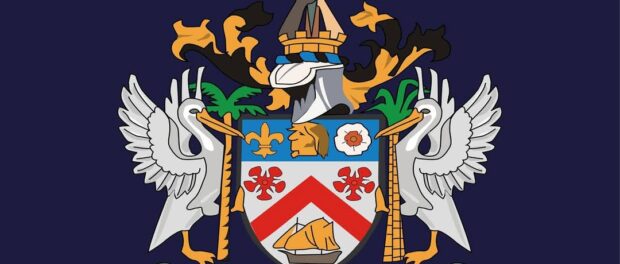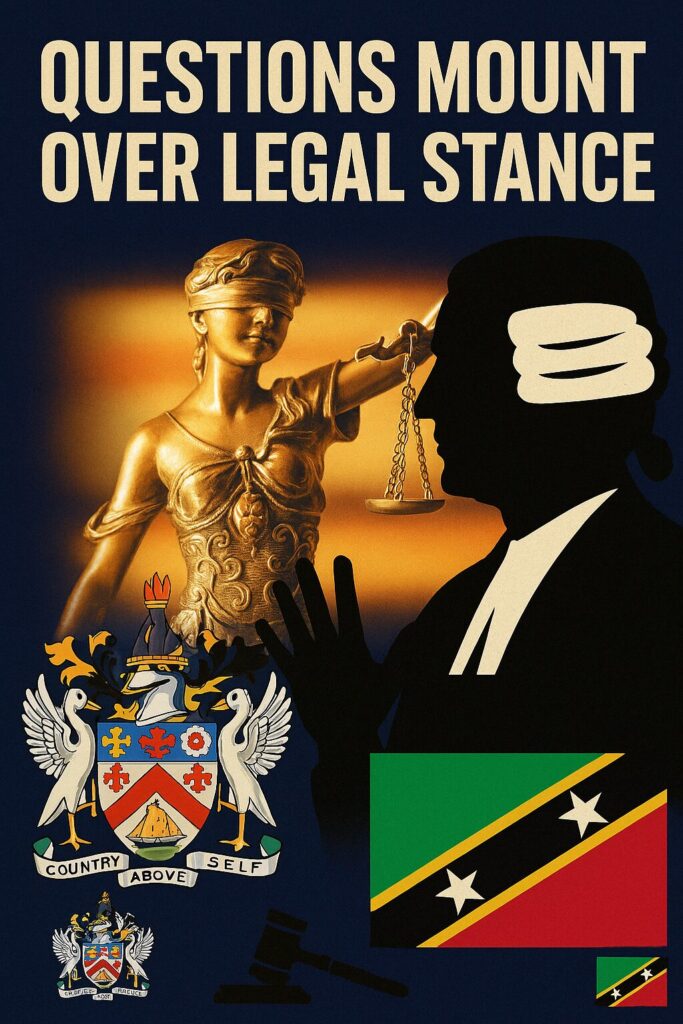Questions Mount Over Government’s Legal Stance as Prest Case Mirrors Recent Privy Council Ruling

Basseterre, St. Kitts – April 14, 2025 – A recent Privy Council judgment dated March 24, 2025, is drawing renewed attention to the ongoing legal saga involving businessman Michael Prest, with legal observers questioning why the government chose to oppose his request for leave to appeal, despite clear guidance from Senior Counsel Anand Ramlogan of Trinidad and Tobago.
The Privy Council decision concerned two Anguillian offshore banks who were initially denied leave to pursue judicial review by both the High Court and the Court of Appeal. However, the Privy Council, in a sharply reasoned judgment at paragraphs 138 and 139, overturned those denials and granted the appellants leave to apply for judicial review.
Significantly, the recent Privy Council judgment makes this telling observation:
“Judicial review proceedings are not conducted in the same way as ordinary disputes between private parties concerned to protect their competing interests. The supervisory jurisdiction is designed to protect the public interest in the lawful use of the powers conferred under public law, as well as the private interests of those who may be affected by the abuse of those powers…..This obligation, usually described as the duty of candour, is well established.”
Critics now point to the parallels: Prest is also seeking leave to challenge decisions via judicial review but has been barred at an even earlier stage—being denied access to the Court of Appeal altogether.
Legal insiders say that this course of action runs contrary to Ramlogan’s legal advice, which reportedly was not to oppose Prest’s application to approach the Privy Council. Despite this, the government pushed forward, and the Court of Appeal ruled against Prest—effectively preventing him from arguing that the rule barring his appeal is unconstitutional.
A previously unseen letter dated January 8, 2021, authored by Damian Kelsick, Esq. (prior to his appointment as King’s Counsel), has resurfaced and adds a new dimension to the controversy. The letter pertains to the very matter that ultimately gave rise to the controversial criminal charges Prest now claims amount to an abuse of process. Legal commentators note that the author’s then-law partner—now a prominent figure in public legal affairs—was part of the same Chambers at the time.
Informed observers are now legitimately questioning whether the duty of candour can be said to have been carried out by the holder of a high public office who did not disclose to the Court of Appeal that his intervention is curiously supportive of, and appears to prop up, the interests of a client of his former law firm.
Perhaps this anomaly will be brought to the attention of the Law Lords and Ladies in London.
This revelation has prompted renewed scrutiny of the handling of the case, with questions being raised about potential conflicts of interest, prosecutorial overreach, and whether fair process has been upheld in accordance with constitutional norms.
Though no official statement has been issued by the government in response to the comparisons or concerns, the developments are being closely watched by legal professionals and civil society groups alike.
As the debate intensifies, calls are growing louder for an independent review of the Prest matter and for a re-evaluation of how the country navigates sensitive constitutional appeals—especially those involving potential violations of fundamental rights.
Editor’s Note: This article is a contributed opinion piece. The views and opinions expressed herein are those of the writer alone and do not necessarily reflect the position or editorial stance of this publication.

Leave a comment
You must be logged in to post a comment.